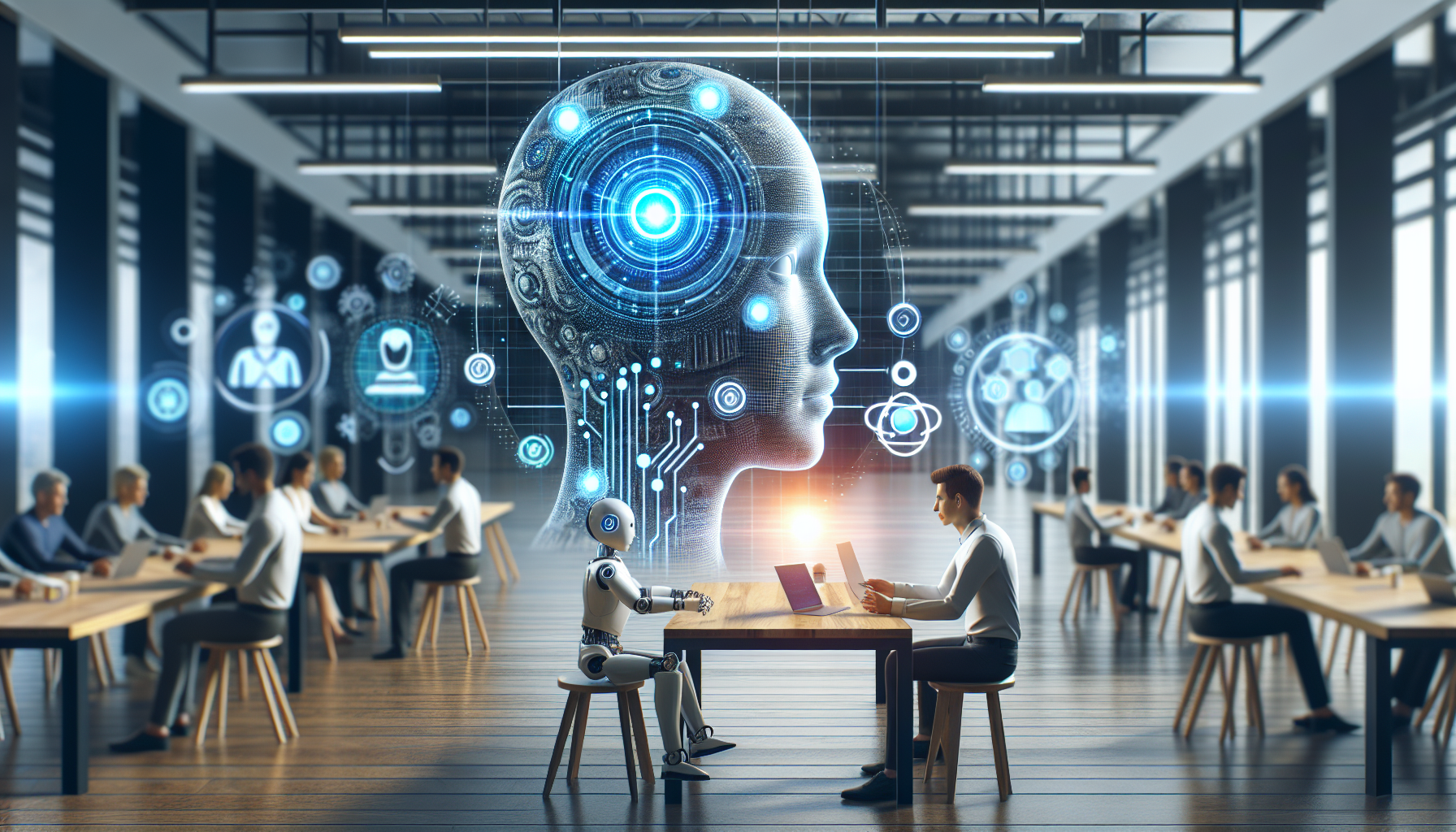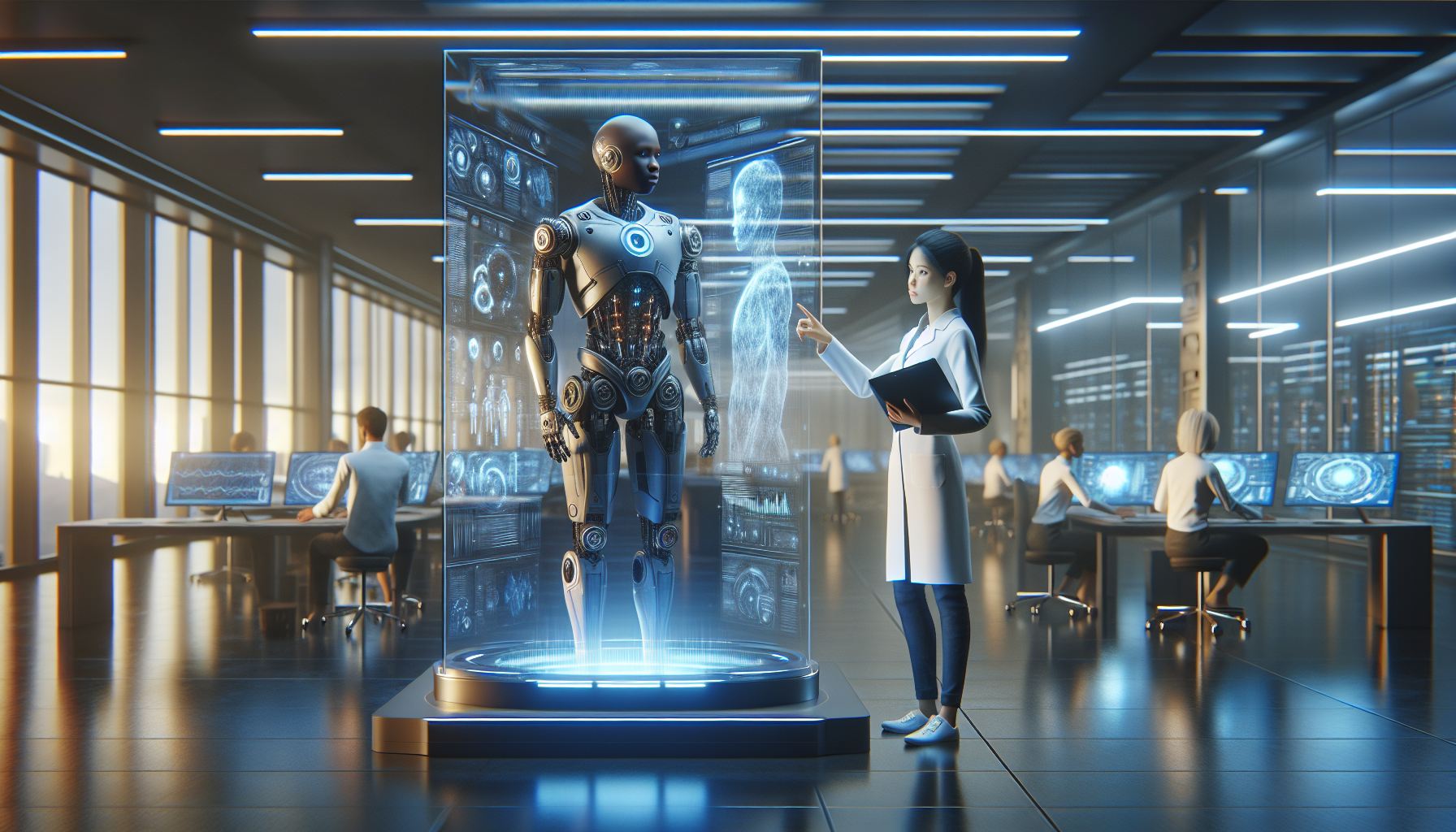
How AI Is Redefining Healthcare: A Comparative Analysis of Global Innovations
November 4, 2025
The transformative power of artificial intelligence in healthcare is not merely a story of technological advancement—it's a narrative of hope and possibility. Across the globe, AI is reshaping how we understand, diagnose, and treat medical conditions, offering unprecedented opportunities to enhance patient outcomes and streamline healthcare systems. By examining the diverse applications of AI in various countries, we can glean insights into how these innovations are collectively propelling us toward a brighter, healthier future.
In India, AI is tackling one of the most pressing healthcare issues: accessibility. The country's vast and diverse population often means that rural areas lack adequate medical facilities. However, AI-powered tools are bridging this gap by enabling remote diagnostics and telemedicine services. For instance, AI-driven platforms analyze patient data to provide preliminary diagnoses, allowing individuals in remote villages to receive timely and accurate assessments without needing to travel long distances. This democratization of healthcare access is not only improving individual lives but is also setting a precedent for other nations grappling with similar challenges.
Meanwhile, in Japan, AI is at the forefront of addressing the needs of an aging population. With a significant portion of its citizens over the age of 65, Japan has embraced AI-driven robotics and monitoring systems that assist in eldercare. These AI systems are designed to perform tasks ranging from basic caregiving to complex medical monitoring, allowing the elderly to live more independently while ensuring their health is closely watched. This integration of AI into daily life not only alleviates the burden on healthcare workers but also enhances the quality of life for the elderly, offering them dignity and comfort in their twilight years.
In contrast, the United States is harnessing AI to advance personalized medicine. With the vast amounts of data generated by its healthcare system, AI algorithms analyze genetic, environmental, and lifestyle information to tailor treatments to individual patients. This approach is particularly effective in oncology, where AI aids in identifying the most effective treatment protocols for specific cancer types, thereby increasing the chances of successful outcomes. The precision and customization offered by AI-driven personalized medicine represent a paradigm shift in how we understand and treat diseases, turning a one-size-fits-all model into a tailored, patient-centered approach.
Europe is taking a different yet equally inspiring path by focusing on preventive healthcare through AI. Countries like Sweden and Finland are deploying AI to predict and prevent diseases before they manifest. By analyzing patterns in large datasets, AI systems can identify individuals at risk for certain conditions, such as diabetes or cardiovascular diseases, and recommend preventive measures. This proactive approach not only reduces the burden on healthcare systems but also empowers individuals to take charge of their health, fostering a culture of wellness and prevention.
China, on the other hand, is leveraging AI to streamline its vast and complex healthcare infrastructure. By integrating AI into hospital systems, China is enhancing efficiency in patient management and care delivery. AI algorithms optimize scheduling, resource allocation, and even surgical procedures, reducing wait times and improving patient experiences. This comprehensive adoption of AI is a testament to its ability to transform large-scale systems, making healthcare more efficient and accessible for billions of people.
As we reflect on these diverse applications of AI in healthcare across the globe, it's clear that this technology is not just a tool but a catalyst for change. Each country, with its unique challenges and opportunities, is harnessing AI to craft solutions that are as diverse as they are groundbreaking. These innovations inspire a global vision of healthcare that is more inclusive, efficient, and compassionate.
So, as AI continues to evolve and expand its reach, we must ask ourselves: How can we further harness this technology to address the unmet needs of our communities? What new frontiers in healthcare will AI help us explore? The answers to these questions may well define the future of healthcare, inviting us to dream bigger and strive for a world where health is not a privilege but a universal right.


